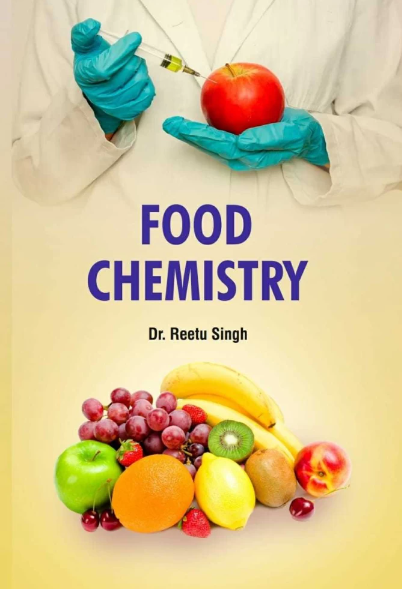摄入的咖啡因到底有多少被吸收了?能量饮料、输液和软饮料中的生物可及性和生物利用度
IF 9.8
1区 农林科学
Q1 CHEMISTRY, APPLIED
引用次数: 0
摘要
含咖啡因的饮料已经成为一种常见的饮食习惯,尤其是在青少年、年轻人和运动员中,因为它们具有增强认知和身体表现的作用。本研究通过体外胃肠消化来评估咖啡、茶、软饮料和能量饮料中咖啡因的生物可及性(消化过程中的释放)和生物利用度(肠道吸收),目的是量化咖啡因的真实暴露。生物利用度为62 ~ 76 %,灌注饮料为87 ~ 112 %,软饮料为83 ~ 103 %,功能饮料为94 ~ 104 %;分别为65-79 %和52-76 %。饮用一整罐能量饮料会导致生物可利用咖啡因含量高达115 毫克。虽然这些数值仍在成人200 毫克的推荐单剂量摄入量限制内,但已接近建议的最高摄入量,特别是儿童和青少年。本文章由计算机程序翻译,如有差异,请以英文原文为准。


How much consumed caffeine is actually absorbed? Bioaccessibility and bioavailability in energy drinks, infusions and soft drinks
Caffeinated beverages have become a common dietary habit especially among adolescents, young adults and athletes due to their cognitive and physical performance-enhancing effects. This study evaluates the bioaccessibility (release during digestion) and bioavailability (intestinal absorption) of caffeine in coffee, teas, soft and energy drinks by applying an in vitro gastrointestinal digestion, with the aim of quantifying the real exposure to caffeine. Bioaccessibility values of 87–112 % for infused beverages, 83–103 % for soft drinks and 94–104 % for energy drinks were obtained, while bioavailability ranged from 62 to 76 %; 65–79 % and 52–76 %, respectively. Consuming a whole can of an energy drink results in a bioavailable caffeine content up to 115 mg. While these values remain within the recommended single-dose intake limit of 200 mg for adults, approaching recommended upper intake levels, particularly for children and adolescents.
求助全文
通过发布文献求助,成功后即可免费获取论文全文。
去求助
来源期刊

Food Chemistry
工程技术-食品科技
CiteScore
16.30
自引率
10.20%
发文量
3130
审稿时长
122 days
期刊介绍:
Food Chemistry publishes original research papers dealing with the advancement of the chemistry and biochemistry of foods or the analytical methods/ approach used. All papers should focus on the novelty of the research carried out.
 求助内容:
求助内容: 应助结果提醒方式:
应助结果提醒方式:


